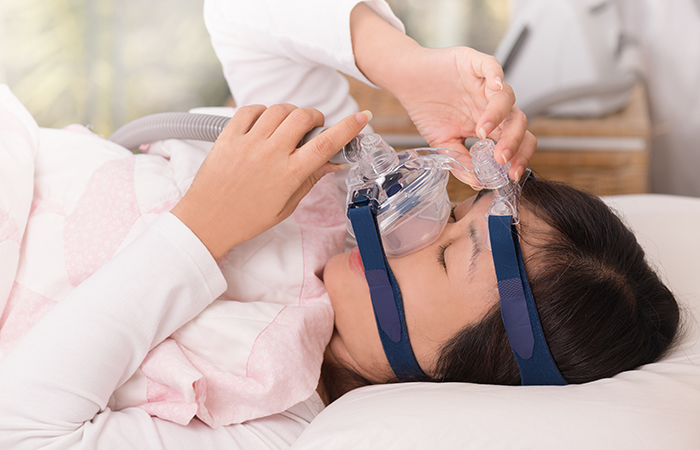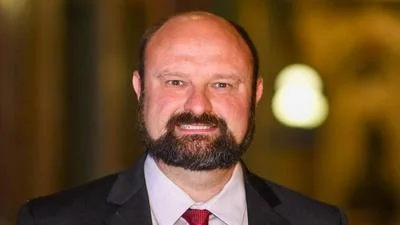St. Elizabeth's Hospital issued the following announcement on Feb 23.
Sleep apnea is a very common problem and can learn long term cardiovascular effects. Sleep apnea is repeated stoppages of breathing during sleep (possibly hundreds of times per night). This condition occurs in an estimated 5 percent of the general population. While sleep apnea can occur in either gender and at any age, there is a higher rate in men. It is estimated that one in five males older than 40 may be seriously impaired by sleep apnea.
Cardiovascular diseases affected by sleep apnea include high blood pressure, stroke, heart failure and even sudden cardiac death
The most common form of sleep apnea is termed obstructive sleep apnea (OSA). There are numerous changes in the way our bodies work while we sleep. During the dream stage of sleep, most of the muscles are nearly paralyzed. Narrowing of air passages from muscle relaxation causes snoring. Sometimes the muscles relax to the point that the air passage completely closes, causing breathing stoppage. These apneas can happen hundreds of times per night and can last for as long as two minutes.
Sleep apnea affects your heart. Although your heart is only about the size of your fist, it pumps about 2,000 gallons of blood while beating about 100,000 times per day. Like the rest of your body, your heart needs rest. Sleep is a chance for your heart to slow down. During normal sleep your heart does not work as hard. However, if you have sleep apnea, it is likely your heart is working very hard during sleep.
Those having sleep apnea are generally quite sleepy when they should not be. Additionally, the health and function of heart and blood vessels are often at risk in those with untreated sleep apnea. A person may have sleep apnea if he or she:
• Has loud and interrupted snoring
• Gets sleepy while driving
• Experiences drowsiness during the day
• Is overweight
• Has a size 17 or larger neck
• Wakes up with a headache
• Has low energy levels
• Has difficulty losing weight
• Frequently gets up to urinate during the night
If you have any of these symptoms, talk to your doctor or contact the HSHS St. Elizabeth’s Sleep Disorders Center at 888-650-7474 to see if a sleep study is needed. The Sleep Disorders Center is conveniently located at 791 Wall Street, Suite 100 in O’Fallon, across the street from St. Elizabeth’s Hospital.
Original source can be found here.

Source: St. Elizabeth's Hospital






 Alerts Sign-up
Alerts Sign-up